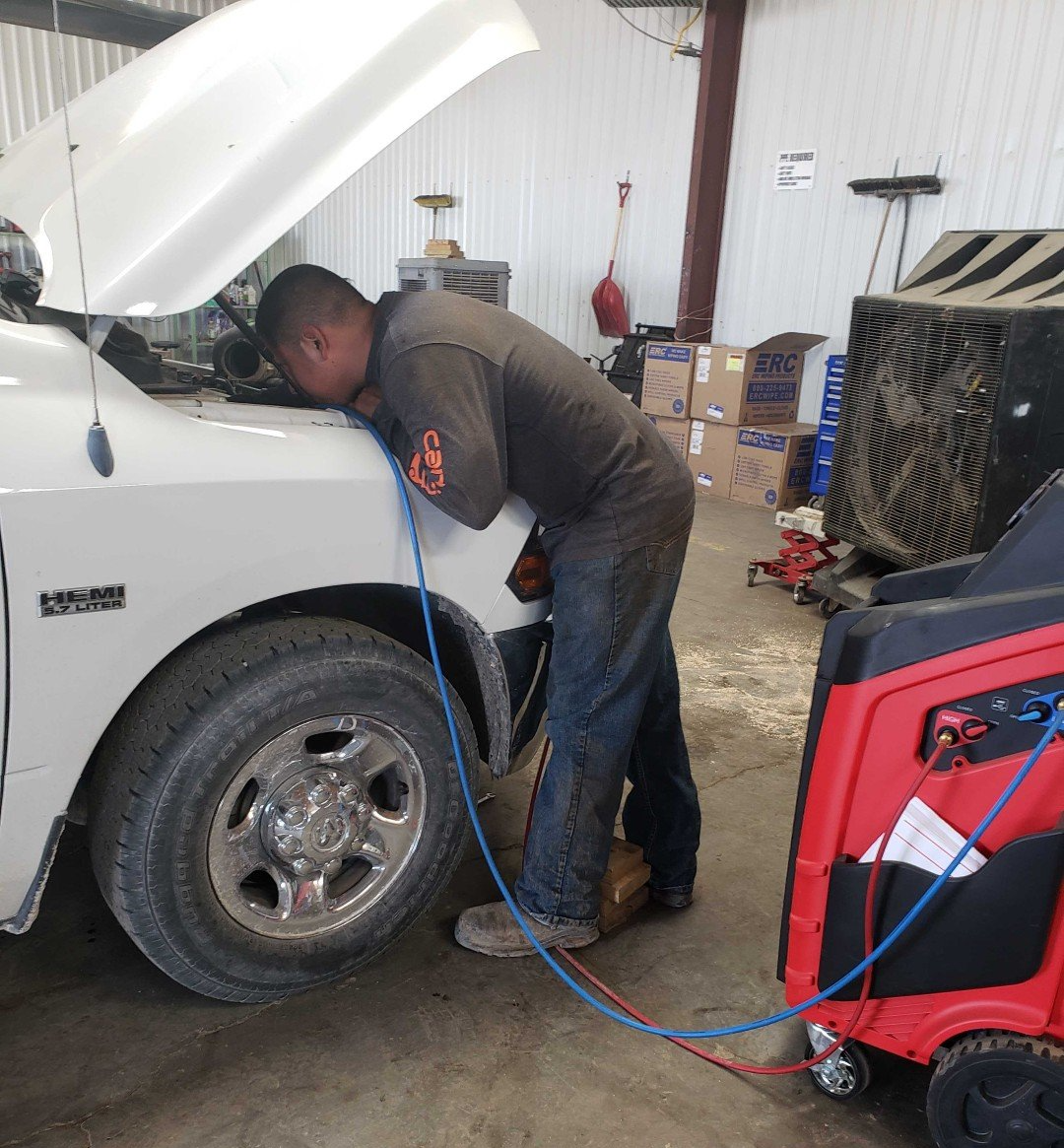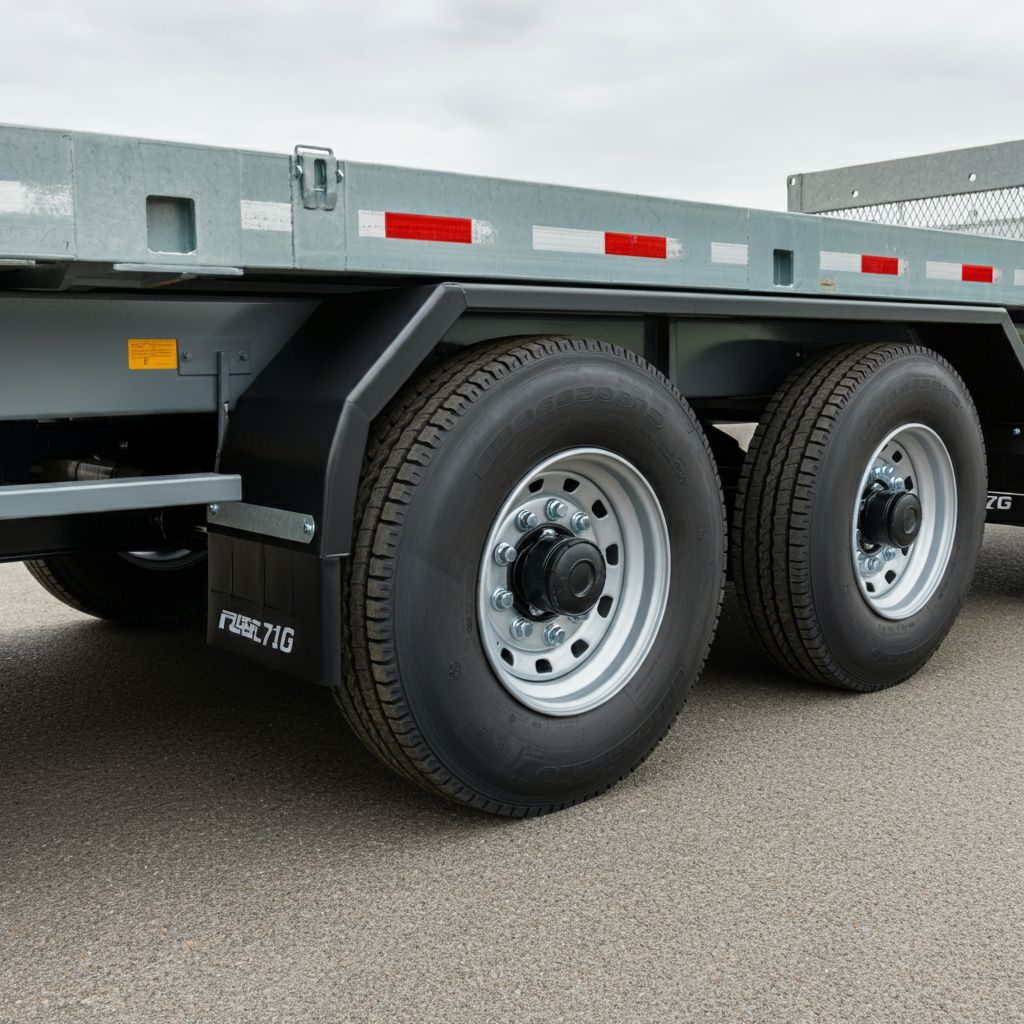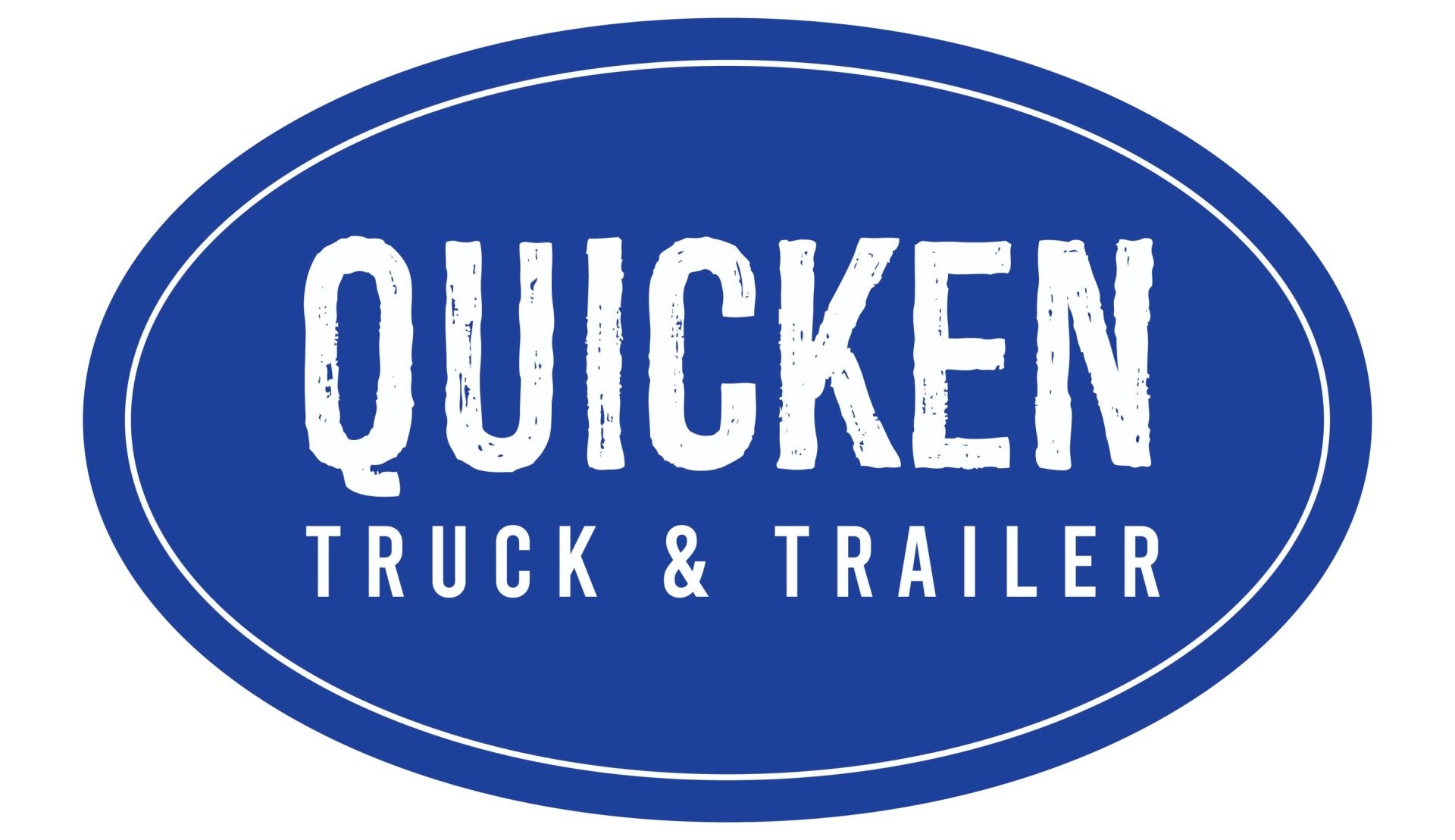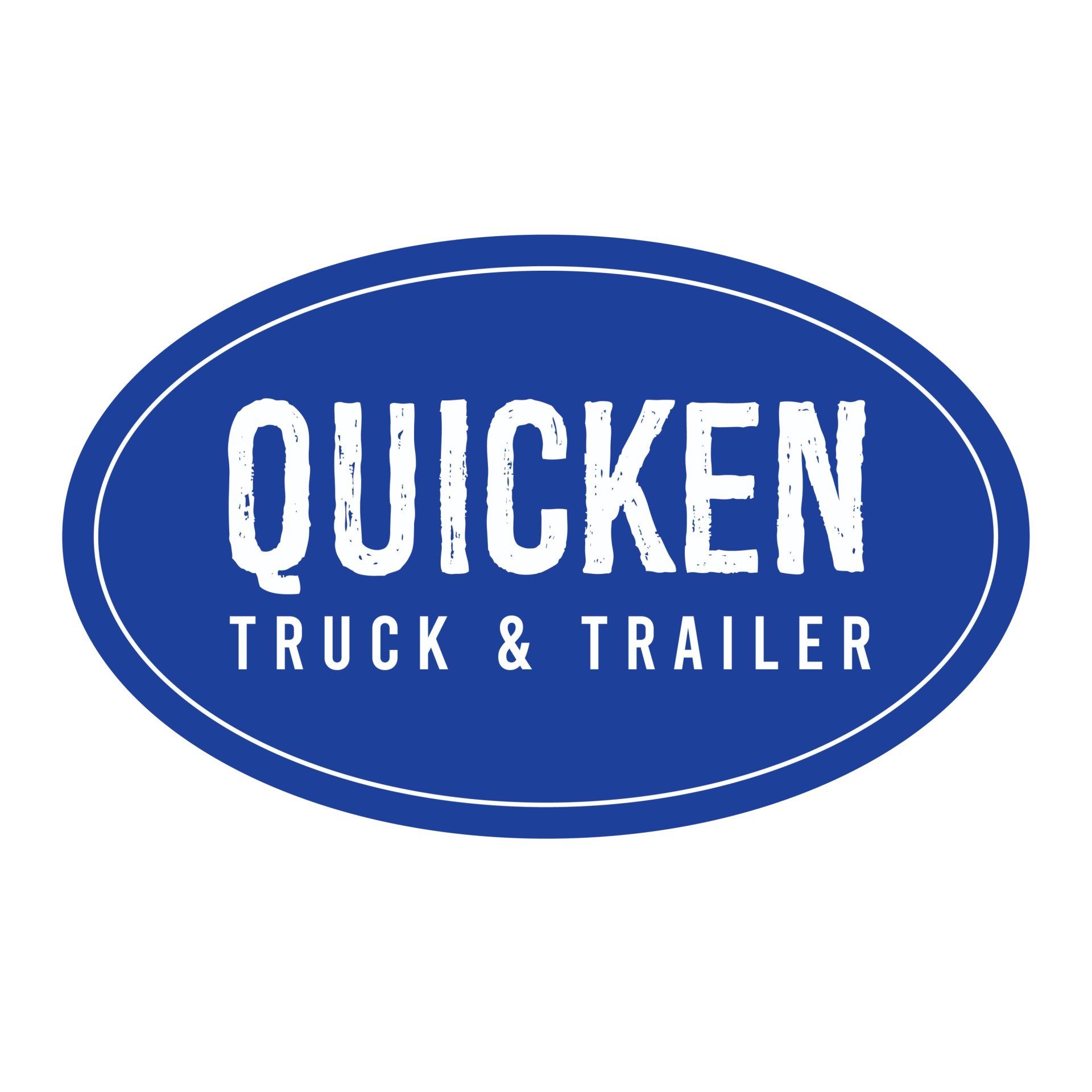Preventative Maintenance 101: Keeping Your Trucks and Trailers Road-Read
In the world of fleet management, keeping trucks and trailers in optimal condition is paramount. As fleet managers and trucking companies, you’re constantly navigating tight schedules, stringent regulations, and the unpredictable nature of long-haul journeys. Amidst these challenges, one factor that stands as a cornerstone of operational success is preventative maintenance. This blog post will delve into the essentials of preventative maintenance, offering insights into its importance, financial benefits, key components, and how technology can streamline the process. Let’s get started on ensuring your fleet remains road-ready, mile after mile.
Understanding Preventative Maintenance for Trucks and Trailers
Preventative maintenance (PM) refers to the routine care and servicing of trucks and trailers to prevent potential failures and extend their operational life. Unlike reactive maintenance, which addresses issues only after they occur, PM aims to identify and resolve minor problems before they escalate into major, costly repairs. In the context of trucking, preventative maintenance includes regular inspections, timely servicing, and replacing worn-out parts. By adhering to PM principles, fleet managers can ensure that their vehicles remain safe, efficient, and reliable.
The Financial and Operational Benefits of Regular Maintenance
The advantages of regular preventative maintenance are manifold, spanning both financial savings and operational efficiency. Here are some key benefits:
Cost Savings
- Reduced Repair Costs: Addressing minor issues early prevents them from developing into major, expensive repairs. For example, replacing worn-out brake pads is far less costly than an entire brake system overhaul.
- Fuel Efficiency: Properly maintained engines and tires contribute to better fuel efficiency, leading to significant cost savings over time. A well-maintained truck consumes less fuel, reducing operational expenses.
Operational Efficiency
- Minimized Downtime: Routine maintenance reduces the likelihood of unexpected breakdowns, ensuring that trucks spend more time on the road and less time in the shop. This translates to increased productivity and better adherence to delivery schedules.
- Enhanced Safety: Regular inspections and maintenance ensure that trucks and trailers are roadworthy, significantly reducing the risk of accidents caused by mechanical failures. This not only safeguards your drivers but also protects your company from potential liabilities.
Real-World Examples
Consider a trucking company that implemented a strict PM program. Over a year, they reported a 20% reduction in repair costs and a 15% improvement in fuel efficiency. Additionally, their trucks experienced 30% less downtime, allowing them to complete more deliveries and generate higher revenues. These tangible benefits underscore the value of regular maintenance.
Key Components of a Preventative Maintenance Program
Developing a comprehensive preventative maintenance program involves focusing on several critical components. Here’s a detailed guide on the essential checks
Engine
- Oil Changes: Regularly changing engine oil and filters is crucial to maintaining engine health and preventing damage from contaminants.
- Coolant Levels: Ensuring coolant levels are adequate helps prevent engine overheating and potential failures.
Tires
- Tire Pressure: Maintaining proper tire pressure improves fuel efficiency and reduces the risk of blowouts.
- Tread Depth: Regularly checking tire tread depth ensures optimal traction and safety on the road.
Brakes
- Brake Pads and Discs: Inspecting and replacing worn brake pads and discs prevents brake failure and ensures reliable stopping power.
- Brake Fluid: Ensuring brake fluid levels are adequate is critical for maintaining brake performance.
Electrical Systems
- Battery Health: Regularly checking battery health and connections prevents unexpected breakdowns due to electrical failures.
- Lights and Indicators: Ensuring all lights and indicators are functioning properly enhances safety and compliance with regulations.
Suspension and Steering
- Shock Absorbers: Inspecting and replacing worn shock absorbers ensures a smooth ride and protects the vehicle’s chassis.
- Steering Components: Regularly checking steering components ensures precise control and maneuverability.
Implementing a Preventative Maintenance Schedule
Creating and adhering to a preventative maintenance schedule is essential for reaping the benefits of regular maintenance. Here are some best practices for setting up an effective PM schedule:
Create a Detailed Plan
- Identify Maintenance Intervals: Determine the appropriate maintenance intervals for each component based on manufacturer recommendations and usage patterns. For example, oil changes might be required every 5,000 miles, while tire inspections might be every 10,000 miles.
- Document Procedures: Outline detailed maintenance procedures for each component, ensuring consistency and thoroughness in inspections and servicing.
Automate and Track
- Use Maintenance Software: Implement fleet maintenance software to automate scheduling, track maintenance history, and set reminders for upcoming service tasks. This helps ensure that no maintenance activity is overlooked.
- Monitor Performance: Regularly review vehicle performance data to identify trends and adjust the maintenance schedule as needed. This proactive approach helps address potential issues before they become problematic.
Train Your Team
- Skilled Technicians: Ensure that your maintenance team is well-trained and equipped to perform inspections and repairs accurately.
- Driver Awareness: Educate drivers on the importance of reporting any issues promptly and conducting daily vehicle checks. Their vigilance plays a crucial role in maintaining the health of the fleet.
Technology's Role in Enhancing Preventative Maintenance
The advent of technology has significantly transformed the landscape of fleet maintenance. Here’s how modern tools and software can enhance your preventative maintenance efforts:
Telematics Systems
- Real-Time Monitoring: Telematics systems provide real-time data on vehicle performance, including engine diagnostics, fuel consumption, and tire pressure. This enables fleet managers to monitor the health of their vehicles continuously.
- Predictive Maintenance: Advanced telematics systems can predict potential failures by analyzing historical data and identifying patterns. This proactive approach allows for timely maintenance interventions, preventing breakdowns.
Fleet Management Software
- Centralized Records: Fleet management software centralizes maintenance records, making it easy to track the history of each vehicle and plan future maintenance activities.
- Automated Alerts: The software can send automated alerts for upcoming maintenance tasks, ensuring that nothing falls through the cracks.
Mobile Apps
- On-the-Go Access: Mobile apps allow fleet managers and technicians to access maintenance schedules, records, and manuals on the go. This enhances communication and coordination within the maintenance team.
- Instant Reporting: Drivers can use mobile apps to report issues instantly, enabling prompt attention and reducing the risk of minor problems escalating.
Conclusion
Preventative maintenance is the backbone of efficient fleet management, ensuring that trucks and trailers remain road-ready and reliable. By understanding the core principles of preventative maintenance, appreciating its financial and operational benefits, and implementing a comprehensive maintenance program, fleet managers can optimize their operations and maximize profitability.
Embracing technology further enhances these efforts, allowing for real-time monitoring, predictive insights, and streamlined maintenance processes. As you embark on the journey of maintaining your fleet, remember that a well-maintained vehicle is a safe, efficient, and cost-effective asset.
At Quickentrailers.com, we understand the challenges of fleet management and are committed to providing the tools and resources you need to succeed. Explore our range of services and solutions designed to support your preventative maintenance efforts. Elevate your fleet management game and keep your trucks and trailers road-ready with proactive maintenance strategies and cutting-edge technology. Your journey to operational excellence starts now.

Request Service



